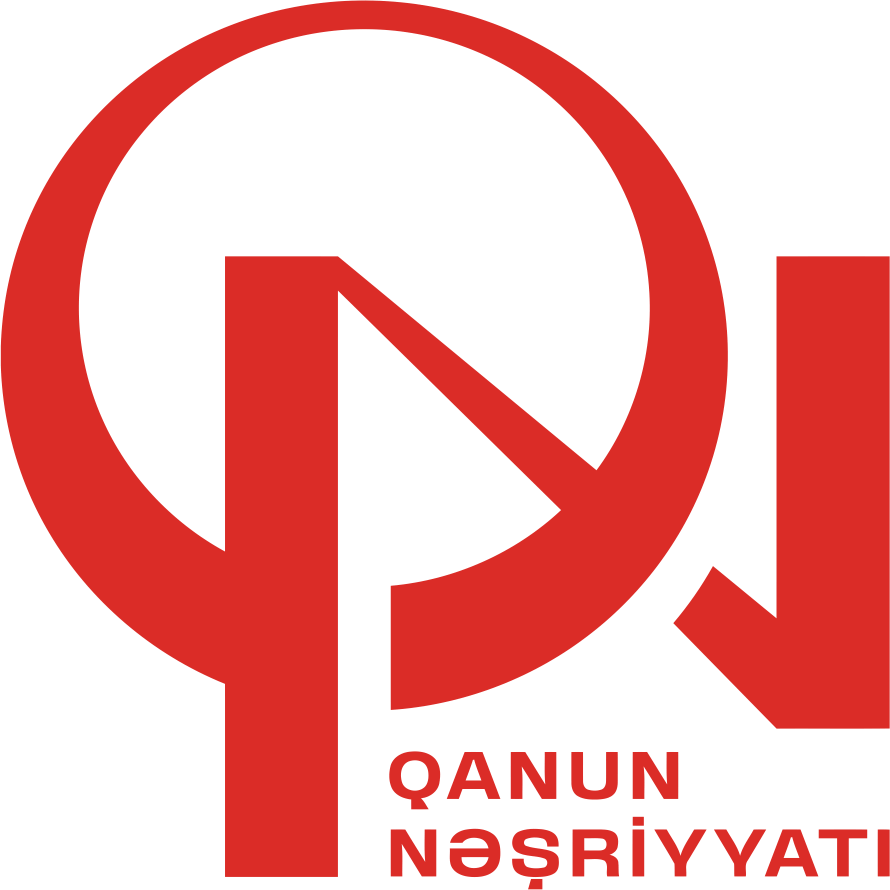Zulfigarova Samra Arrahman,
Baku State Unıversıty Master of the Faculty of Law International Private and Europanian Law Department
Work place: State Agency on Mandatory Health İnsuarance
Adress: Baku, Nasimi district, Lev Tolstoy street, 170
E-mail: [email protected]
Tel:070 203 03 21
Introduction
The fact that contemporary living conditions have placed energy at the center of social interests has made the question of which methods and resources to use to meet energy needs one of the fundamental problems of the 21st century, as it was in the 20th century. Since meeting the energy needs is described as a necessity for maintaining social life in its normal state, energy has started to come to the agenda together with the concept of “security” and “energy security” has often started to be accepted as a component of “security of social life”.
States rich in energy resources (energy-rich states/resource states) and states dependent on foreign sources in terms of energy resources have learned different lessons from energy crises. Following the crises, resource-owning states increased their efforts to increase their energy-based income and strengthen their dominance over their own resources, while resource-dependent states made efforts to diversify their options by developing long-term policies regarding energy supply. As a result, ensuring energy security in today’s conditions has become a difficult goal that requires the simultaneous consideration of many technical, geographical, political and economic conditions. However, the most fundamental problem in energy supply is still seen as the availability and sufficiency of energy. Although there are different approaches regarding the method to be used and the resources to be used in solving the problem, energy investments are one of the most basic components of ensuring energy security, as access to and use of energy resources necessitates the construction of new facilities or the rehabilitation or development of existing facilities emerges and maintains its importance.
